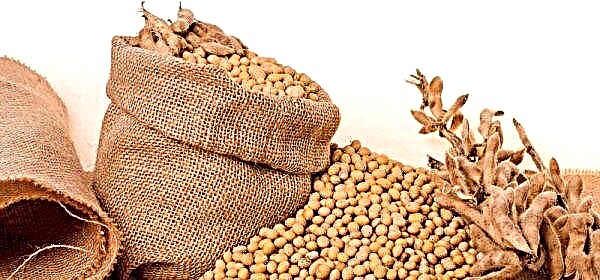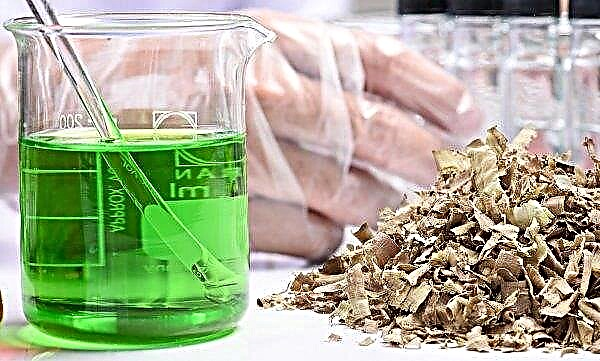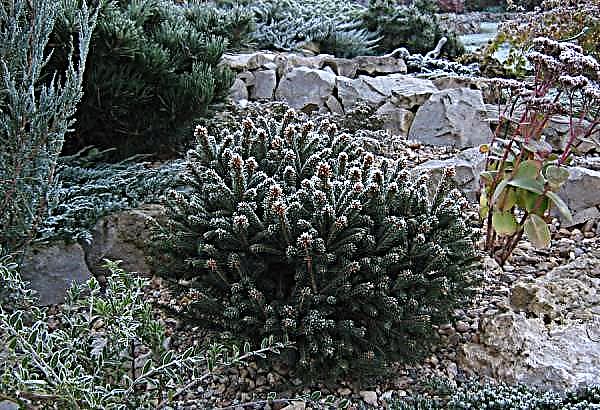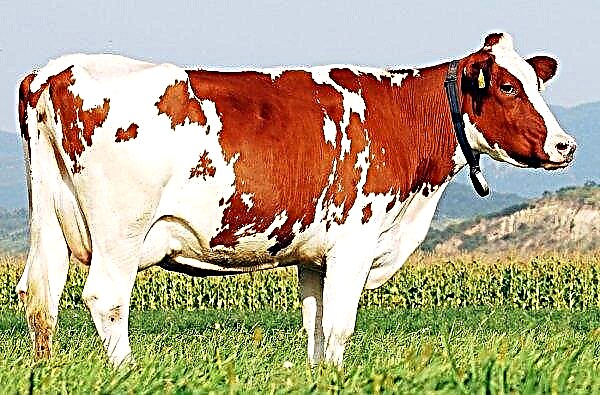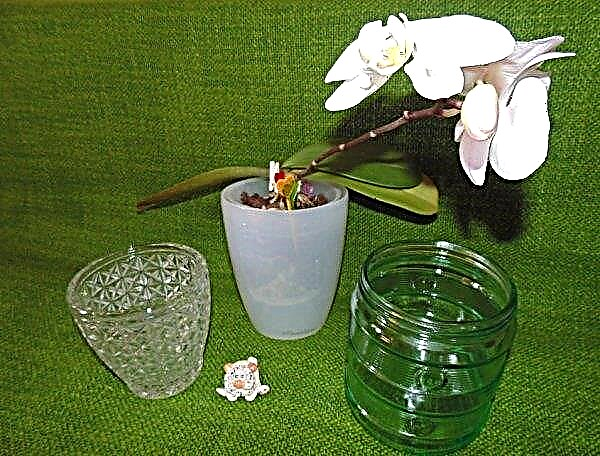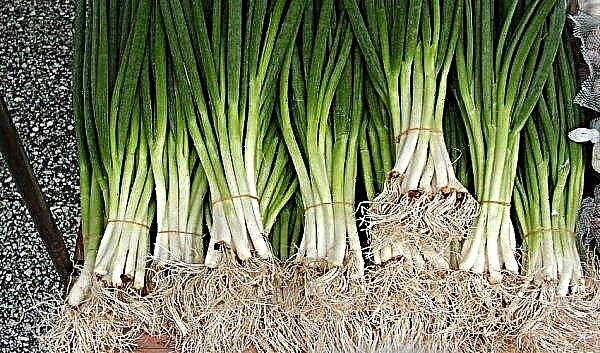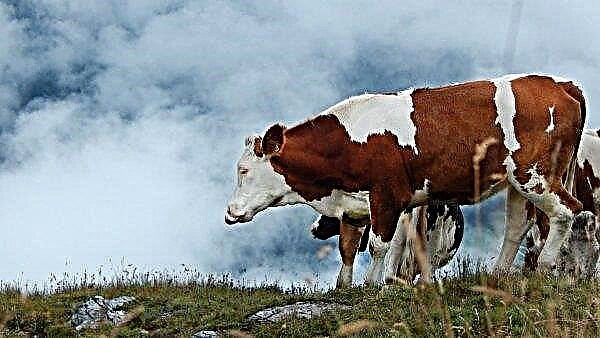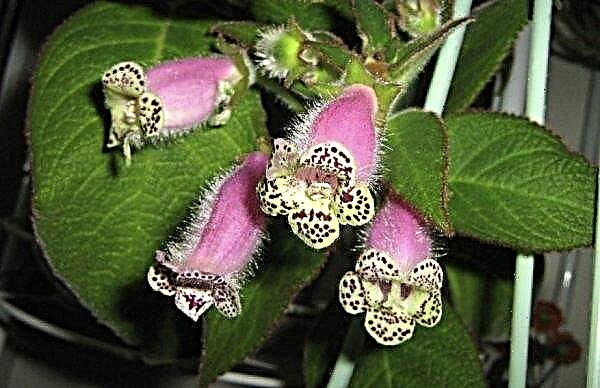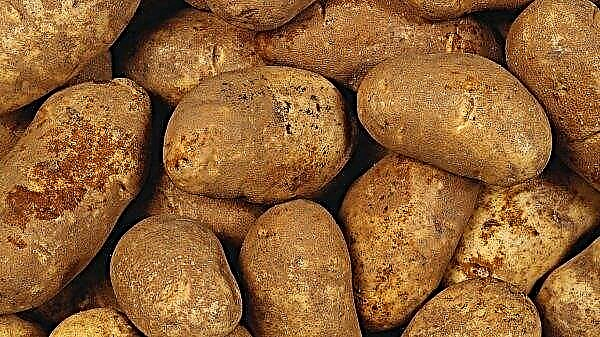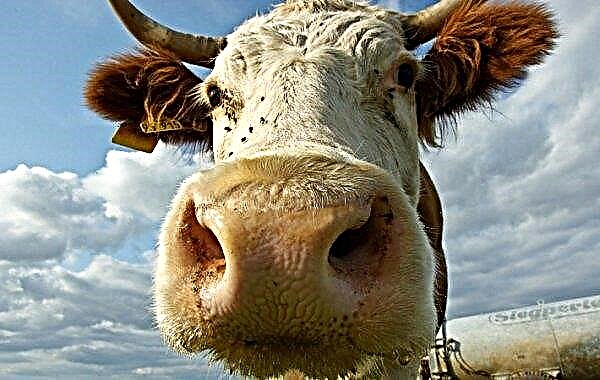Together with the Puratos group, Urban Crop Solutions from Belgium in 2018 began research and development in the field of growing plants on the planet Mars. Before they use their research to help feed the first people on the red planet at the end of this century, the project seeks to have a clear impact on Earth today.
The project will focus on how we can produce food more sustainably, and will help provide basic foods for many regions of the world. The consortium has just received a grant of € 4.5 million from the Flemish Community (VLAIO, Flanders Innovation & Entrepreneurship), which resulted in more than € 6.3 million being allocated.
4 large connected containers will soon be installed at Puratos headquarters near Brussels, Belgium. On January 1, 2020, researchers will begin working in a closed ecological system for growing plants, which can have a huge impact on our food production on Earth, as well as on Mars, when people begin their space exploration.
 Sunrises and sunsets on Mars are not at all like earthly ones. Due to the large amount of dust scattered in the atmosphere of the planet, they are painted in blue shades.
Sunrises and sunsets on Mars are not at all like earthly ones. Due to the large amount of dust scattered in the atmosphere of the planet, they are painted in blue shades.
The environment on Mars is very different from ours on Earth. Lack of atmosphere, low temperatures, high radiation and dust storms are not suitable for growing crops.
It is for this reason that research will be carried out in containers, in a completely sealed and self-sufficient environment for which the climate can be adapted so that it is suitable for both crop growth and human life.
In order to gain this knowledge, over the next 2.5 years 5 separate research rooms will be allocated, in which more than 50 different variables related to plant growth will be constantly monitored, which will lead to separate models and algorithms for plant growth.
- A training video filmed by the National Federation of Young Farmer Clubs in the UK (NFYFC) aims to highlight the role of crop and plant protection.
- Earlier, we wrote that insects and plants will be examined in the new center of Belgium.
- We also reported that in the Poltava region a quarantine organism was found that damages more than 250 species of plants.

